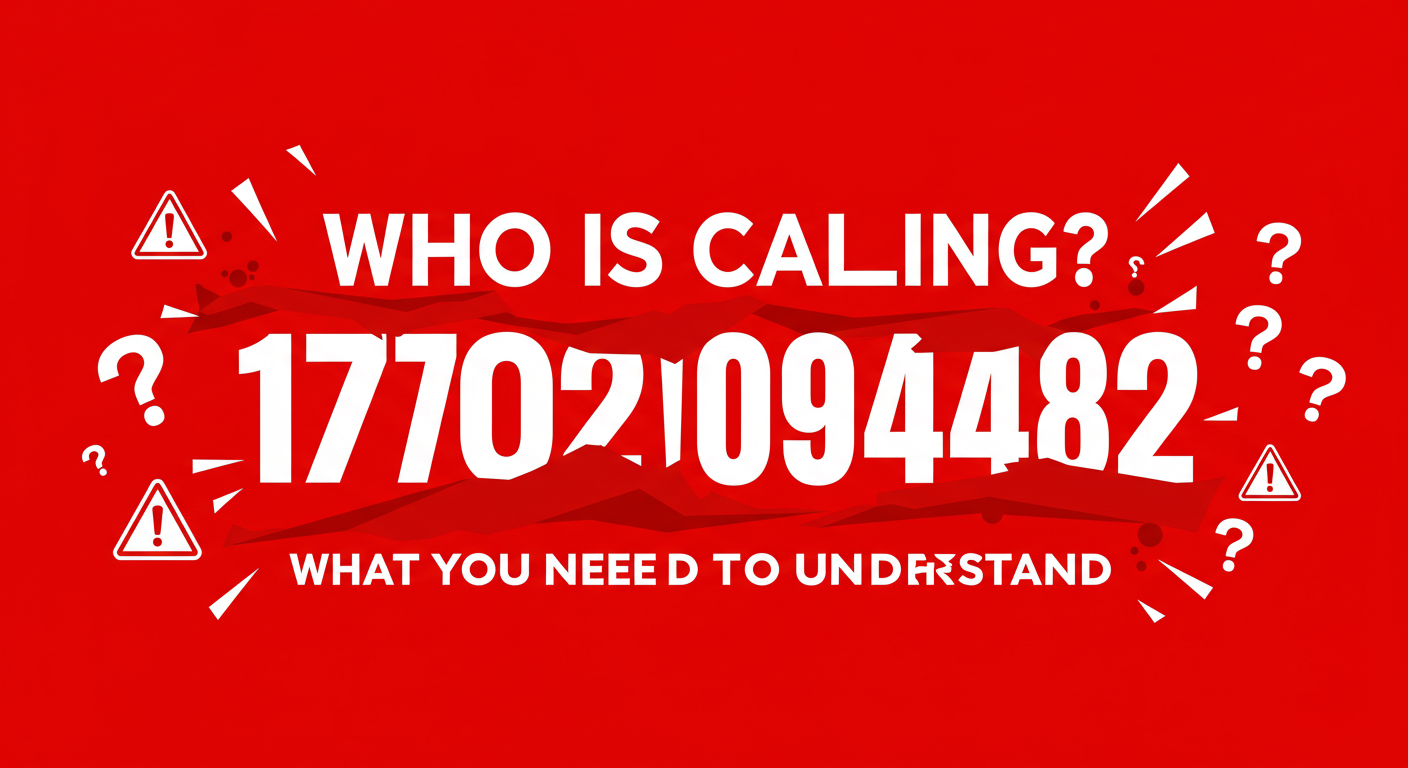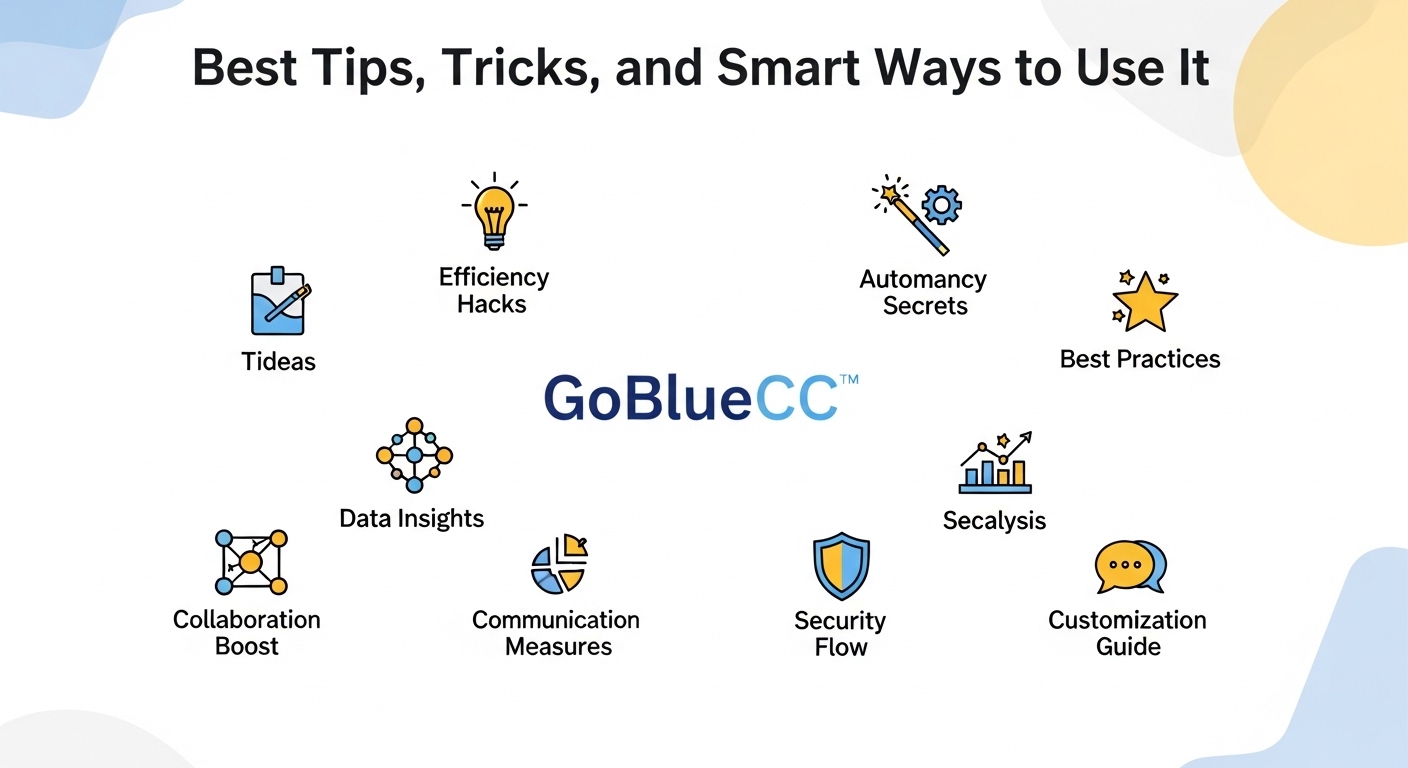Have you recently received a call from the number 17029009482? If so, you’re not alone. This number has become a topic of interest for many individuals seeking clarity about the identity and intentions of the caller. Unwanted or unexpected calls can be frustrating, and understanding who is behind them is the first step toward taking control.
This post dives deep into the possible origins of calls from 17029009482, why you might be getting them, and—most importantly—steps to take to protect yourself or address the matter effectively.
Why Am I Receiving Calls from 17029009482?
Unsolicited calls usually fall into a few key categories, each with its own implications. If you’re wondering why this specific number is reaching out to you, it’s helpful to break down the most likely scenarios into the following groups:
1. Telemarketing and Sales Calls
Companies often use outbound calls to promote products, services, or subscription plans. Numbers like 17029009482 may have been assigned to a telemarketing agency or business actively pursuing new customers.
How to Determine If It’s Telemarketing:
- Calls tend to occur during standard business hours.
- The caller may be eager to present special offers or promotions.
- The conversation revolves primarily around convincing you to make a purchase, subscribe, or join a service.
2. Debt Collection Agencies
If the call is related to unpaid bills or debts, it could originate from a debt collection service working on behalf of creditors. Agencies use persistent calls as part of their strategies to reach individuals with outstanding accounts.
How to Identify Debt Collection Calls:
- Callers will generally identify themselves as representing a company, outlining the debt in question.
- You may be asked to confirm personal information before receiving details of the account.
3. Potential Scam or Fraud Attempts
Scammers leverage ambiguous numbers to extract sensitive information from individuals. These calls may impersonate legitimate businesses or government entities to build trust.
Warning Signs of Scams:
- Requests for personal or financial information.
- Calls that insist on immediate action, such as payments to avoid penalties.
- Vague identifiers or generic introductions (e.g., “We’re calling about your account”).
4. Customer Service or Business Outreach
Companies you’re already associated with—such as banks, subscription services, or utility providers—may use numbers like 17029009482 to follow up on inquiries, account changes, or other notifications.
When it Might Be Legitimate:
- You recently interacted with the company (e.g., made a customer service inquiry).
- The caller provides verifiable details about your account or interaction.
- There’s no pressure to disclose sensitive information.
How to Handle Calls from 17029009482
Receiving unknown calls can be inconvenient, but here’s how you can effectively address them:
1. Don’t Answer Immediately
If you don’t recognize the number, consider letting the call go to voicemail. If it’s an important or legitimate call, the caller will often leave a message with relevant details.
2. Research the Number
A quick online search can help you gather insights about repeated complaints or reports related to 17029009482. Websites that track telemarketers or scam calls often provide additional context.
3. Block the Number
If the calls become repetitive or intrusive, you can block the number on your phone. Both iOS and Android devices offer easy-to-use features for managing unwanted contact.
Steps to Block a Number:
- On iPhone: Go to the call in your recent history, tap the “i” symbol, and select “Block This Caller.”
- On Android: Select the number in your call log, open the menu, and click on “Block Number.”
4. Register on the Do Not Call List
If 17029009482 is a telemarketing number, registering on the National Do Not Call Registry can reduce future unwanted solicitation calls.
Important Note: It may take up to 30 days for calls to reduce after registration.
5. Report Suspicious Activity
If you believe the call is fraudulent, report it to relevant authorities, such as the Federal Trade Commission (FTC) or your country’s cybercrime unit.
How to File a Complaint:
- Note the caller’s details (time, date, and summary of the conversation).
- File a report at.
Stay Alert and Protect Your Information
To safeguard yourself from phone scams or other intrusive activities, consider incorporating these preventative measures into your routine.
Check Caller ID and Use Call-Blocking Apps
Applications such as Hiya, Truecaller, or RoboKiller allow you to identify suspicious numbers and preemptively block them.
Avoid Sharing Personal or Financial Information
Never disclose sensitive information, such as Social Security numbers, credit card details, or passwords, over the phone unless you’re entirely sure of the caller’s legitimacy.
Stay Vigilant with Official Correspondence
If a caller claims to represent a specific organization but raises suspicion, end the call and contact the company directly using verified contact information.
The Importance of Understanding These Calls
Ultimately, identifying calls like those from 17029009482 and taking strategic action ensures that you’re in control of your communication and security. With telecommunication channels evolving rapidly, staying informed will help you manage unwanted interactions confidently.
It’s essential to remember that while some calls may be harmless, not all of them are. By establishing boundaries and being proactive, you protect your time, privacy, and peace of mind.
Need Help Managing Telecommunication Issues?
If you’re continually frustrated by unwanted calls or need assistance understanding recurring phone activity, there are resources available to help. Take the first step toward effective management by incorporating the strategies mentioned here into your phone usage habits.
Final Thought
Effective communication is key to navigating today’s complex telecommunication landscape. By staying vigilant, leveraging reliable resources, and adopting proactive strategies, you can take charge of your phone interactions and safeguard your personal space. Remember, your time and security are valuable—protect them by staying informed and prepared.
Conclusion
Managing telecommunication issues requires a balance of awareness, action, and the right tools. By being proactive and staying educated on evolving communication trends, you empower yourself to handle intrusive calls and other disruptions with confidence. Set clear boundaries, utilize available resources, and prioritize your privacy and well-being. Remember, taking control of your telecommunication habits is not just about reducing frustration but also about enhancing your overall quality of life. Stay informed, stay prepared, and take charge today.
FAQs
1. How can I identify if a call is spam or fraudulent?
Look out for signs such as unknown or unusual numbers, automated voice messages, or high-pressure tactics. Reliable caller ID or spam-blocking applications can also help identify and filter potentially fraudulent calls.
2. What steps can I take to reduce unwanted calls?
Register your number on a “Do Not Call” list, enable call-blocking features through your carrier or third-party apps, and avoid sharing your phone number online or with unverified sources.
3. Are there specific tools or apps to help manage telecommunication issues?
Yes, there are numerous tools available, including spam call blockers like Truecaller, Hiya, or apps provided by major phone carriers. These tools can identify and block unwanted calls effectively.
4. What should I do if I suspect I’ve fallen victim to a phone scam?
Act quickly by contacting your service provider, reporting the fraud to relevant authorities, and securing any accounts or sensitive information that could be compromised.
5. Can I take any legal action against persistent unwanted calls?
Yes, if you are receiving constant harassment, you can report it to local authorities or the Federal Communications Commission (FCC) for further action. You may also consider consulting a legal expert regarding specific cases.
By addressing these common concerns, you can gain a better understanding of how to confidently manage your telecommunication challenges.














